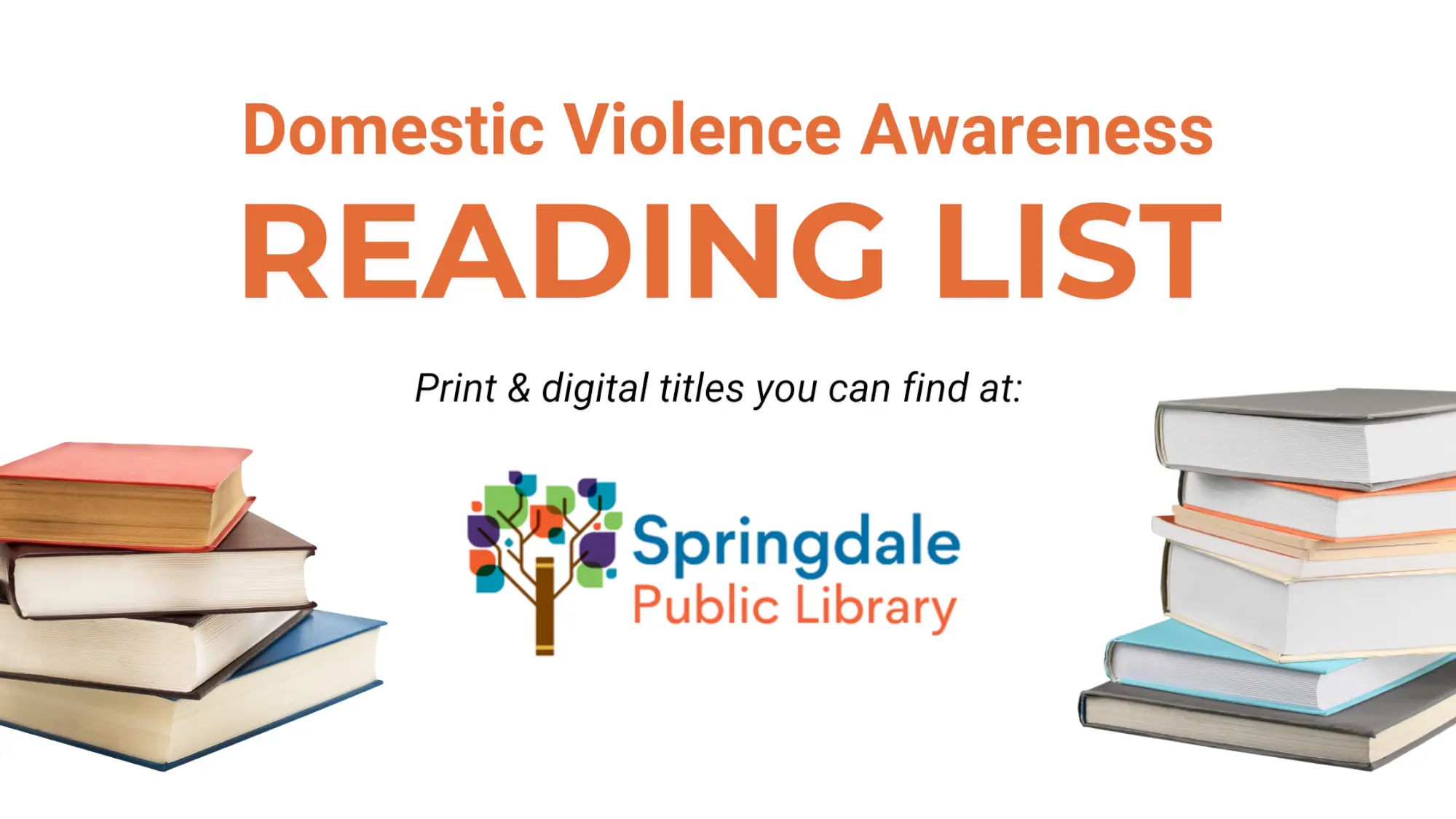
Prentis Grayson works with the NWA Center for Sexual Assault providing guidance and support to survivors. Whether the incident of sexual harassment or sexual assault happened today or in the past, he, along with all of the other center's advocates, offers the simple yet powerful opportunity to be heard, believed, and helped. In their endeavor to fight for truth, for accountability, and ultimately for a world free of sexual assault, the NWA Center for Sexual Assault has developed a host of comprehensive services to support our community's survivors:
Prentis leads the center's "Let's Talk NWA" project which was designed to affect positive change in the African American community by breaking the cycle of domestic violence. Their ultimate goal is to break the intergenerational cycle of domestic violence and sexual assault through education and outreach. We asked him to help us understand a little bit more about the connection between domestic violence and sexual assault, and what to expect when reaching out to the NWA Center for Sexual Assault for help.
Q 1: What can you tell us about the connection between sexual assault and domestic violence?
There is a distinct connection between domestic violence and sexual assault. One of the major dynamics of domestic violence is in regards to power and control. One partner uses power and control to assert this over the other partner. Sometimes sex is used to control the other partner, we more commonly see this in intimate partner situations. One partner might assert the partner by forcing the partner into having sex with the other partner either by physical intimation or force, the partner may use psychological methods to achieve this goal, and there other ways that sex is used a tool as a form to control a partner.
Q 2: What does consent mean within the context of a long-term relationship?
Consent is an important concept in any relationship, no matter if we are talking about short term or long term. Something we often encounter is survivors that have been in a long-term relationship even married and one partner assumes that there is an "auto-consent" because of the status of the relationship. This could not be further from the truth. One partner should discuss with the other partner whether that person wants to have sex and what parts they are confrontable in participating in. These conversations should be held in an open confrontable environment. No matter how long or short the relationship is, every person has the right to when they want to have sex.
Q 3: What would you say to someone who feels like no one will believe them about what they've experienced?
Often we see this happen in situations which is very unfortunate. We tell survivors to contact places like NWA Center for Sexual Assault and talk to an advocate. This is what we are here for, we believe you and can help in various ways like counseling and support groups. Our motto at the Center is you're not alone.
Q 4: If someone is reading this right now that is unsure if they have been sexually assaulted, what do you wish they would know?
I would tell a person if they are unsure if they have been sexually assaulted to contact us through our 24-hour crisis line and have a confidential conversation about what they think has happened, and we are able to talk and determine what services could help the most.
Q 5: If someone comes to you for an exam does it mean you will make a police report?
A person that comes to us to have a sexual assault forensic exam performed is not required to report to any local law enforcement. We are a non-profit and we are not connected to any law enforcement. We are not required to report to any law enforcement agencies. It is totally up to the survivor if they choose to report and we provide them support during this process.
Q 6: Why would someone need to get a forensic rape exam?
Someone would need to come and get a forensic sexual assault exam if they have been sexually assaulted within the last 96-hours. These exams are performed at our Center in Springdale by a trained Sexual Assault Nurse Examiner. In order to receive this service, a client must be an adult of at least 18 years old.
Q 7: If someone is ready to make a police report, what are the first steps?
If a person is ready to report, they can contact the police and make a report. If it happens to be within the 96-hour window they can come have an exam completed then file a report. They can also report and then have the exam. There is no standard answer, a person contacts our center and we can give them their options. We can assist them through that process.
Q 8: What happens after a police report is made?
After a report is made, typically the police will give the information to their detectives, and the investigation process begins. Evidence is collected and witnesses are interviewed if there was any. The process is not fast and can take a little while. Patience is key in this situation.
Q 9: How long will you hold the results of their exam for them?
We hold a survivor's confidential file at our Center for a total of seven years.
Q 10: What other services does NWA Center for Sexual Assault provide?



